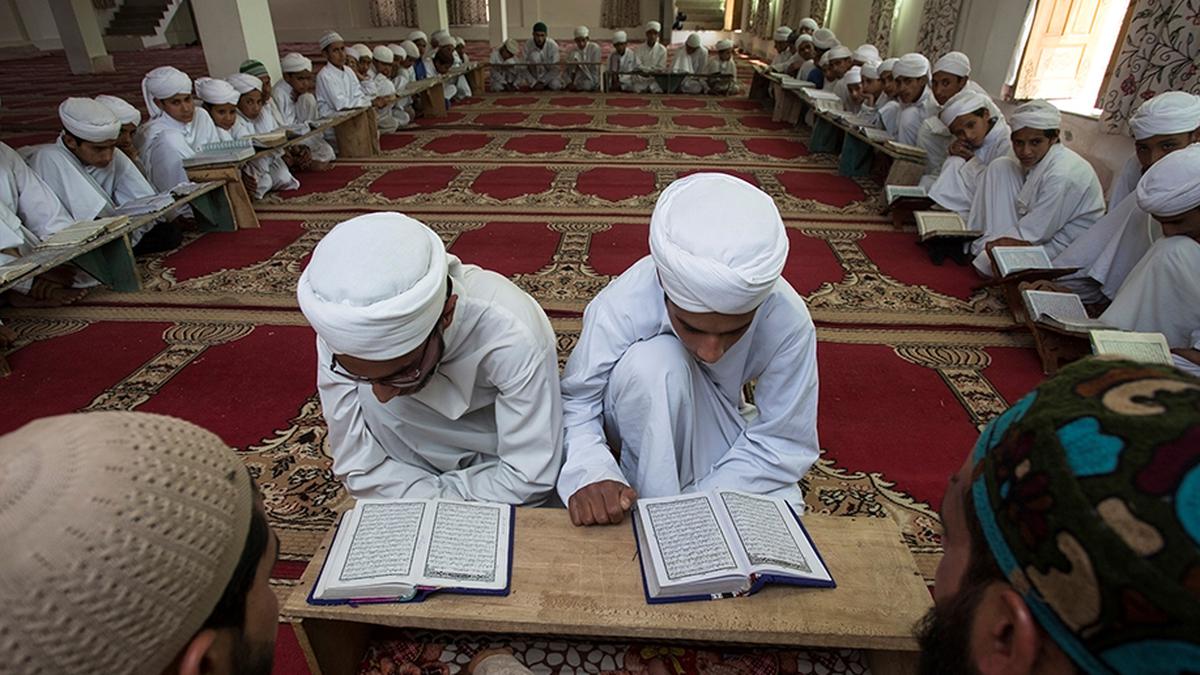
1,281 Madrasas renamed in Assam as ‘Middle English’ schools
The Hindu
Assam government renames 1,281 madrasas to Middle English Schools, funded by government and established by community, under SEBA supervision
The Assam government has renamed 1,281 madrasas as ‘Middle English’ or ME schools.
The move followed the conversion of all government-run and government-aided or provincialised madrasas into general schools under the supervision of the State Directorate of Elementary Education.
“Consequent to the conversion of all Govt and Provincialized Madrasas into general schools under SEBA, @SchoolEdnAssam has changed the names of 1,281 ME Madrasas into ME Schools by a notification today,” Assam Education Minister Ranoj Pegu posted on X on Wednesday.
Western Assam’s Dhubri district topped the list with 269 madrasas-turned-general schools followed by central Assam’s Nagaon district with 165, and western Assam’s Barpeta with 158.
The BJP-led government started the process of closing down all government and provincialised madrasas in 2021 by enacting a law to abolish two madrasa education-related Acts — one in 1995 and the other in 2018.
A provincialised educational institution is one established by the community but funded by the government, including the salaries of teachers and non-teaching staff and maintenance. The new Act facilitating the conversion of the madrasas came into effect on April 1, 2022.
Madrasa education was included in the Assam education curriculum in 1934 and the State Madrasa Board was also formed that year.

Hampi, the UNESCO-recognised historical site, was the capital of the Vijayanagara empire from 1336 to 1565. Foreign travellers from Persia, Europe and other parts of the world have chronicled the wealth of the place and the unique cultural mores of this kingdom built on the banks of the Tungabhadra river. There are fine descriptions to be found of its temples, farms, markets and trading links, remnants of which one can see in the ruins now. The Literature, architecture of this era continue inspire awe.

Unfurling the zine handed to us at the start of the walk, we use brightly-coloured markers to draw squiggly cables across the page, starting from a sepia-toned vintage photograph of the telegraph office. Iz, who goes by the pronouns they/them, explains, “This building is still standing, though it shut down in 2013,” they say, pointing out that telegraphy, which started in Bengaluru in 1854, was an instrument of colonial power and control. “The British colonised lands via telegraph cables, something known as the All Red Line.”









